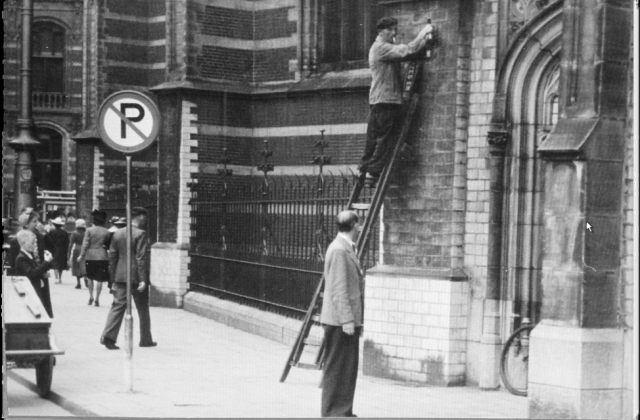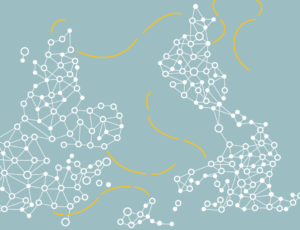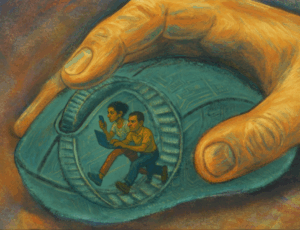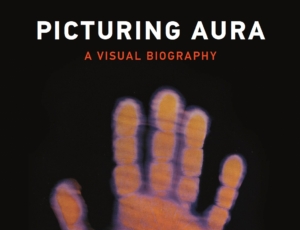
An Urban Semiotics of War: Signs and Sounds in Nazi-Occupied Amsterdam
Seminar
About the Seminar
Throughout the Dutch capital, once recognizable sights and sounds, familiar movements, and rhythms were disrupted by what we might call the semiotics of war: signs and symbols of an external military force, the pervasiveness of which deeply unsettled the local Dutch population. Occupation went beyond the physical manifestation of German soldiers and the sounds of marching boots in the streets to encompass an alteration of the urban texture in which local residents lived, worked, and moved. This process was visible and audible, for example, in changing of street names, ubiquitous propaganda posters, “forbidden for Jews” signs in café windows, raised drawbridges over the canals to control the movement of vehicles, permanently darkened windows and closed shutters, German-language traffic signs, the sound of metal bicycle tires on cobblestones, the silence of curfew, and the noise of frequent air-raid alarms – all of which forced the Amsterdam population to negotiate the new reality of a Nazi presence. The Nazification of the urban environment or, in Barthesian terms, the city’s grammar and semiotic communication, disrupted well-established social practices and functioned as an effective tool to re-appropriate Dutch space. As a result, the Nazi authorities used the sights and sounds of the built environment to mediate and affirm new forms of hierarchy, control, and social structure, claiming the right to dominate Amsterdam’s visual and acoustic space. The construction of a visual and aural semiotics of war, I will argue, helped define relations between occupier and occupied, between Nazi sympathizers and antagonists, between Jews and non-Jews.
About NIAS Seminars
NIAS Seminars are aimed to stimulate scientific cross-pollination within the NIAS academic community, but seminars are open to others who are interested. Please let us know if you wish to attend.



